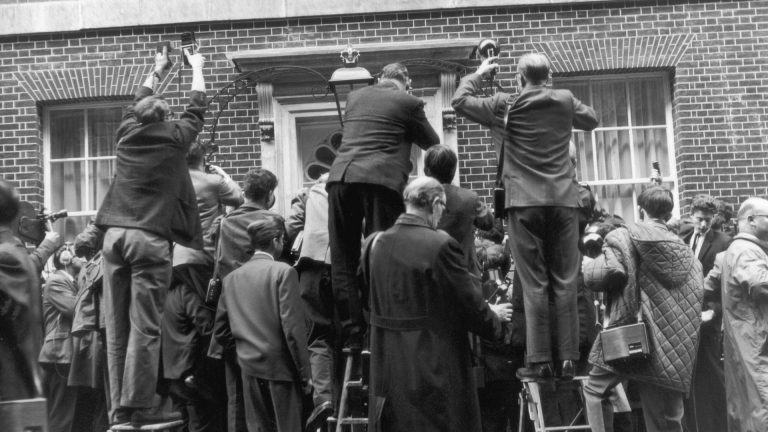What has tank production in world war two got to do with British industrial strategy?
Well, Germany built some very good tanks, fearsomely efficient in battle, but their maintenance was difficult and spare parts were impossible to find. Politicians interfered and changed their minds all the time. There were far too many different models, production was always being halted to fiddle with minor design changes and the tanks were too few in number. They were massively over-complicated and liable to break down.
America and Russia picked one quite good, simple tank each (the Sherman and the T34) and just made thousands and thousands of them. You know who won.
British industrial policy, when we have had one, has for the last 45 years been beset with endless changes of policy, lack of planning, government meddling, fiddling with tax breaks and subsidies, short-termism and indifference.
You know who won – not British industry, that’s for sure. Whole sectors of the British economy have been crying out for a simple, reliable Sherman tank of an industrial policy for years, but has it got one this time?
The latest government effort has many good features.
Energy costs for intensive users are to be slashed; British industry has been crying out for that one for years.
Then there is the attempt to improve long-term finance for industry by increasing the British Business Bank’s capital to £25.6 billion, which will hopefully help draw in and underwrite far more than that in private capital. Another long-term prayer of British firms.
Improving skills training with an extra £1.2 billion a year by 2028 could help reverse the annihilation of British apprenticeships under the Tory government.
And reducing the regulatory burden on British business by 25% is very nice if it happens – though don’t hold your breath.
Suggested Reading


Nine years on, the huge true cost of Brexit is revealed
Reducing planning delays, not least by employing more planning officers, is a good thing. But perhaps more important is ending the scandalous delays in getting new factories, offices and warehouses connected to the National Grid.
Attracting talented foreign staff, increasing R&D spending, helping SMEs and a host of other nice, sensible, background changes will help to smooth the path to growth.
And above all else is the principle of developing economic strategy in partnership with business and picking the sectors that we are good at and can be even better at. Namely advanced manufacturing, clean energy, creative industries and professional and business services
Certainly, business leaders have welcomed the strategy. Rain Newton-Smith chief executive of the CBI, says it sends “an unambiguous, positive signal about the nation’s global calling card as well as the direction of travel for the wider economy for the next decade and beyond.”
Stephen Phipson, head of manufacturing body Make UK, calls it “a giant and much-needed step forward taken by the secretary of state who has seen the potential and provided the keys to help unlock it.”
British industry has always asked for just three major things – better skills training, better finance and lower energy costs. This strategy promises that and some more on top.
But is it good enough to allow us to outproduce our rivals and enemies? Because the same old problem remains, will the next government stick to this plan? If not, it could just be a four-year industrial strategy, and four years is far too short a period to grace with the word “strategy”.
Our rivals are planning decades ahead, their businesses know they will have access to the finance, skills and energy they need not just today or tomorrow but in ten- or 20 years, ours still cannot be certain.
Which is why increasingly, their tanks are parked on our lawn.












